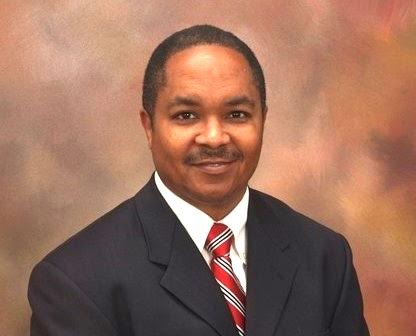Sooner rather than later for EMS
Published 11:00 am Wednesday, May 21, 2025
By Danny R. Chandler
Guest Column
The invention of vinyl records in the late 1940’s expanded the music industry in ways no one
had imagined. It was now possible to reach more households throughout the world, who may
never attend a live concert.
If the record got scratched, the melody and lyrics kept repeating itself. So much so, it became a
common phrase used in conversation. When one repeats the same thing over and over, one
response might be, “You are beginning to sound like a scratched record.”
This scratched record motif resembles some of the conversation that is being heard regarding
the responses of EMS personnel.
EMS is a service-based profession that has inherent daily challenges. Every encounter is
different. Notwithstanding, every person is to be respected, including the one calling for
services, the one needing the services, as well as those providing the services.
The COVID 19 pandemic dramatically shrank the US Healthcare workforce, including EMS.
Staffing levels have not returned to pre-pandemic levels even as the demand for EMS has
grown. EMS leaders are working to bring in new caregivers. Advertisements for workers,
upgrades in pay, increased training sites are making incremental improvements. There are no
quick fixes.
Those of us working in EMS are asking the public to embrace the idea that there is a nexus
between the EMS provider and those we serve. As such, there are concrete steps that can be
taken that may improve outcomes.
Take a First Aid or First Responder course. Get CPR certified. Many perceived emergencies
are not actual emergencies. Buy a Blood Pressure (BP) machine and Pulse Oximeter for home
use. Every jerking sensation is not a seizure. Neither is every lethargic person in cardiac arrest.
Use some fundamental logic-being diagnosed with COPD and continuing to smoke is unwise.
If you are on medication for some health condition, keep a reasonable supply on hand, and take
it as prescribed. If the medication stops working as expected, contact your primary care
provider (PCP).
Hospital Emergency rooms are often full of patients whose complaints could be handled just as
effectively at a healthcare clinic, at a much lower cost. Being transported via ambulance does
not mean quicker access to care. That is determined in the triage process.
Once EMS is activated, make sure there are no barriers to the potential patient. Back the
vehicles out the way. Put the pets away. Move the furniture away from the area where the
patient may be positioned. Gather any medications the person may be taking.
Allow EMS personnel to perform their duties, without interruption, interference, or instructions. If
you are asked questions, do so in a respectful, supportive manner.
Finally, if you believe that you, or someone you love, or a total stranger, has a true emergency,
call 911. Activating EMS means that the caller believes there is an emergency that might
require per-hospital care and possible transport to a hospital.
The first First Responder I ever read about was a volunteer. He found a man who had been
robbed and beaten, laying on the side of the road. He was caring, concerned, and
compassionate. He was willing to be inconvenienced. He provided prehospital care,
transported the man to an urgent care facility, and prepaid the bill.
That person is affectionately known as the Good Samaritan.
Whereas most of us working in EMS are paid (special shout out to volunteers), we were not
drafted. We volunteered to serve.
We want a good outcome for every patient encounter, and we do our best for the good of all.
Continuing education helps to strengthen our skillset, as we try to do better and be better.
We may never get it right, if that is even possible. Neither will we stop trying.
When there is an emergency, EMS tries to respond sooner rather than later. Help us help you.
Happy EMS Week 2025.
Danny R Chandler is EMT with GMR-AMR Central Mississippi and Member of the Holmes
Community College Board of Governors.






